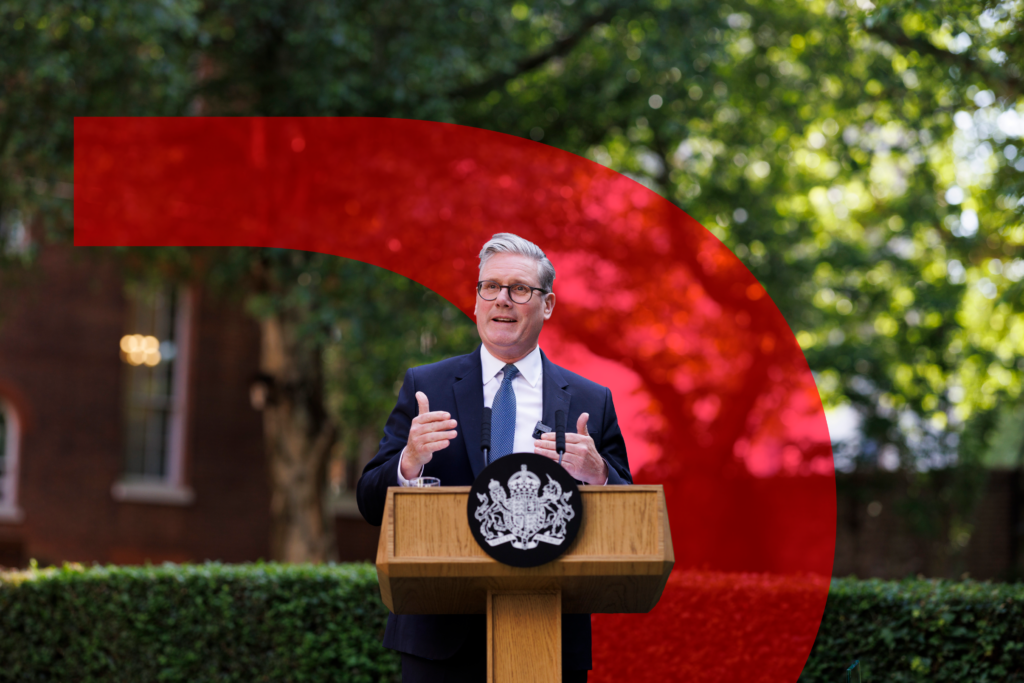Tom Harris, Labour MP for Glasgow South, gives his view on why independence will put Scotland on the wrong path.
It’s ironic, and for some politicians (including me) immensely frustrating, that the debate on Scottish independence is intensifying at precisely the point where international events should be putting paid to the very notion once and for all. Scottish nationalists embrace exactly the kind of international relationships which have been proved not to work – monetary union across disparate economies and nations – yet reject the pooling of national sovereignty that most modern democracies accept as a matter of course.
The euro presents a particular headache for Alex Salmond and his party. They recognise that wrenching Scotland out of a 300-year-old political partnership represents a daunting and even frightening prospect for many Scots. And if an independent Scotland were to continue to use sterling as its currency, you might expect many Scots to ask what was the point of all that trauma and upset in breaking the Union apart if we’re still to use pounds and have our interest rates set in London.
That’s even before voters realise that the Bank of England’s Monetary Policy Committee decide interest rates according to an inflation target set by the Chancellor at Westminster. Inflation measurements are currently taken throughout the UK. This would not be the case after Scottish independence, when price rises anywhere north of Carlisle would have no bearing whatever on the calculation of UK inflation, and would therefore have no impact on the level of interest set by the bank and paid by Scots.
Which is why the SNP’s policy remains to take an independent Scotland into the eurozone. It all fits with the SNP rhetoric of a modern, European democracy taking its rightful place in the community of nations. But no-one in Scotland actually wants us to be in the eurozone, because we watch television and read newspapers and we know where Greece is.
Nevertheless, this remains the SNP policy. So in response to the public’s understandable and very sensible scepticism on the point, Alex Salmond says nothing except, disingenuously, to say that it will be up to Scots to decide for themselves at some point in the future whether they want to stick with sterling or adopt the euro.
Yet recent events actually prove the Unionists’ point: monetary union is unworkable unless it leads to fiscal and political union which is why some of us at Westminster opposed joining the euro in principle all along. So the nationalists’ offer of “independence” is actually a mirage. It reviles pooling sovereignty and other legislative competence with other nations yet adopts policies that mean such actions are inevitable, whether at an EU or UK level. Our choice is monetary – and therefore fiscal and political – union with either the UK or the EU. The offer of real independence – outside the EU, with our own Scottish currency – is being offered by no-one.
There would be consequences, too, for other partnerships that have helped define not only Britishness but Britain’s relationship with the wider world. The separatists have, for example, to convince voters that the BBC, an institution of which the vast majority of Scots are intensely proud, would be able to maintain the quality and volume of output in Scotland if it were to become the Scottish Broadcasting Corporation at about a tenth of the size of the current BBC.
And at a time when the international security environment has never been so unpredictable and dangerous, Scottish separation from the UK would mean upheaval for our armed forces and our international status, with an unnecessary renegotiation (or perhaps even a revoking) of our membership of NATO and a reorganisation of the Scottish armed forces.
This represents a threat to existing partnerships, not to mention actual operations, on the spurious basis that Scotland’s current political elite have had disagreements with recent British foreign policy. Trident would have to be relocated somewhere else in the UK, ensuring two things: that our island would remain a target, and that Scots would reap no benefits from accommodating the submarines.
Scotland’s seceding from the UK would mean the destruction and the rebuilding of every existing partnership – partnerships that, on the whole, work well or at least as well as any other similar partnership in other parts of the world. The First Minister has likened Scotland’s current relationship with England to that of a “surly lodger”. This is demeaning to the generations of Scots who worked hard in the construction of a house built in partnership by the home nations, all of whom share ownership of the final product.
As for Salmond’s optimism that the destruction of the Union would mean we would stop being England’s surly lodger and instead become her best friend. I think we all know how well we get on with our ex-spouses after the divorce, don’t we…?
Tom Harris is the Labour MP for Glasgow South.






